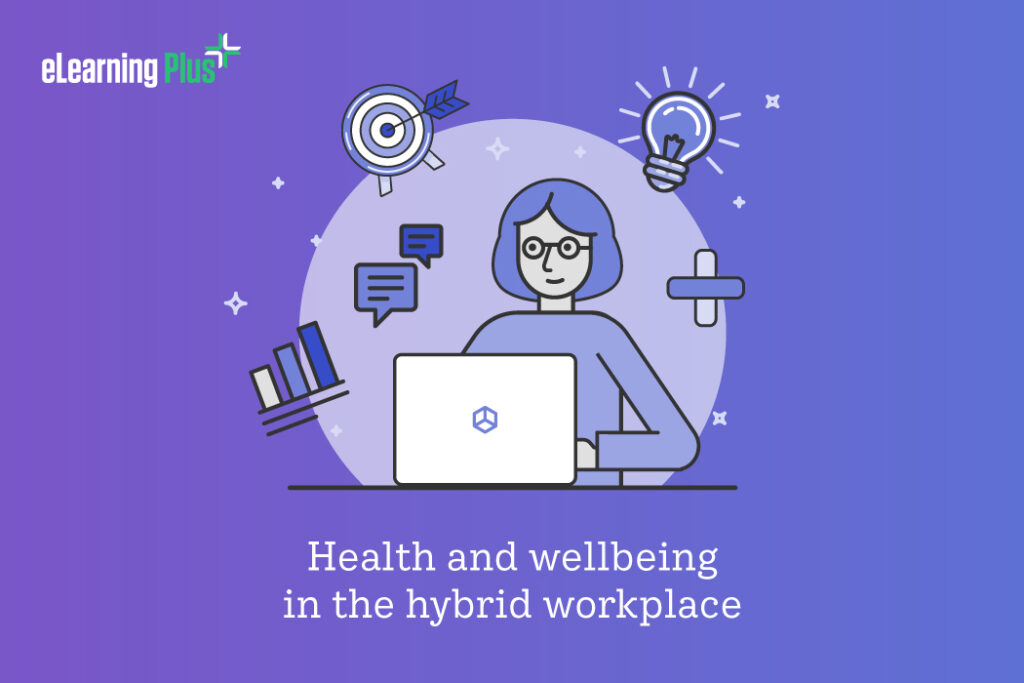Does your business offer health and wellbeing training?
Could a lack of focus in this area be impacting your most expensive asset – your people?
Investing in employee wellbeing can have huge benefits for an organisation and it’s becoming more crucial than ever to put measures in place to attract and retain your people.
Some key facts…
- 35% of employees report that the stress they experience at work is having a negative impact on them
- 84% of HR professionals have observed ‘presenteeism’, both in the workplace and working at home, over the past 12 months
- 79% of businesses report some stress-related absence in their organisation over the last year
Building good relationships is crucial to mental wellbeing. The relationships you build in the workplace help to build a sense of belonging and self-worth. When we connect with our colleagues, we feel more comfortable to share positive experiences and emotional support with each other.
Allowing your team to have downtime together helps forge relationships. When we take part in a social activity, we relax together and create shared experiences. Providing a healthy work-life balance is also important, so your team can spend quality time with their family and friends.
If you have team members who work remotely, make the most of technology to keep in touch. Daily meetings, team chats and one-to-ones will all help to make everyone feel well connected and valued. Try and meet up, face-to-face, when you can. Technology alone can only go so far.
There are plenty of studies that have identified that exercise helps to raise your self-esteem and change your mood. How can you encourage your team to keep active? Encouraging initiatives – such as lunchtime walks, monitoring your steps or participating in team charity fitness challenges – creates targets that everyone can be part of. Make sure that your activities include everyone.
Research has shown that learning new skills can help with mental wellbeing. When we learn something new, it gives us a confidence boost and a sense of purpose. Make sure your team has clear personal development plans which you have created with them. From day one, your new employees should have an engaging and helpful onboarding process where they are learning the right things about the company and their role.
It’s important to get the structure of onboarding and ongoing training correct so that you have the right level of new knowledge and skills to digest. The learning should also be accessible to all; and consider a robust eLearning solution, such as a cloud-based learning platform, which has all the training that employees need. Make sure your training courses are as interactive as possible. Consider having a blend of media to keep your team engaged during learning, and measure the outcomes.
When we give and are kind to others, it can help improve our mental wellbeing. The positive feelings around giving make us feel a sense of reward and connection with those around us. What opportunities in your company are there to encourage kindness and giving?
Giving can range from simply asking colleagues how they are, and taking the time to listen to their response, to volunteering in your local community. Keeping stress to a minimum in the workplace is key, while noticing when team members are overloaded and then sharing the workload is vital.
‘Mindfulness is the basic human ability to be fully present, aware of where we are and what we’re doing, and not overly reactive or overwhelmed by what’s going on around us.’ Being present in the moment can help to improve mental wellbeing in the workplace. Training on mindfulness for your managers and colleagues will help everyone to take on board the key steps to being more present and connected in the workplace.






